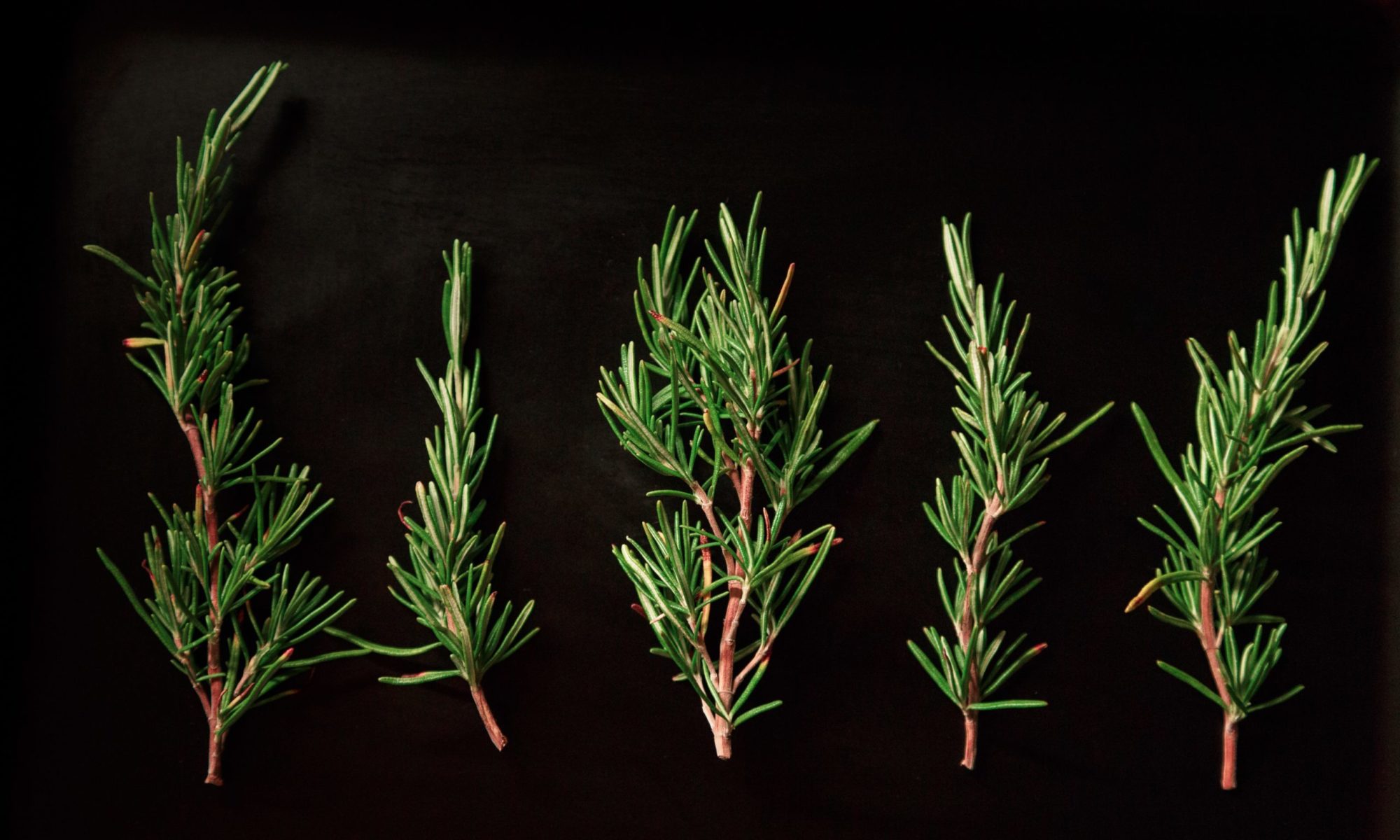
Hi, I’m Erica. I love edible plants, I live in the city, and I am willing to forage from just about anywhere! Never Buy Rosemary celebrates this spirit of eating what’s all around us.
Edible plants can be cultivated species, wild plants, and even so-called “weeds”! We can find them in our yards, on the street, and in parks.
Food has become more and more expensive, and the future of global food systems seems more and more uncertain. So I know there are many others like me, who want to learn about truly local, low-cost or free food.
Plus, when we forage edible plants, we get new flavors, nutrients, and experiences. I love to find out that a plant I’ve been overlooking all my life, thinking of it as a useless weed, is actually delicious! In fact, foraging has caused me to really reevaluate how I think of plants:
Some native species can spread rapidly or even invasively. Some introduced species grow only where they’re planted. Some widespread weeds are both more nutritious and easier to grow than cultivated plants. Why simply pull them up and discard them?
Foraging is an opportunity to learn about and deeply reconnect with humanity’s place in the natural world. Even in the city, things can grow wild.
History
Around 2010, living at a house with an impressively overgrown yard, I started building the first version of Never Buy Rosemary on an early blogging platform.
As the name suggests, I was inspired to start the blog when I realized how ridiculous it was to spend money on rosemary when it grows on nearly every residential block in Seattle. (Read my post on rosemary for more on this!
Though I stopped keeping that blog after a while, I kept learning. In 2021, I started really paying attention again to foraging and gardening. I restarted Never Buy Rosemary again in mid-2022.
This Land
I have lived my whole life on the traditional lands of the Duwamish people, who are still here in what we call Seattle today despite many years of forcible exclusion, and who still do not have federal recognition.
My knowledge of native plants comes, ultimately, from the many indigenous communities of the Puget Sound, even when sometimes that knowledge is passed through other settlers.
I will credit and honor indigenous knowledge. Please let me know if I’ve missed something!

